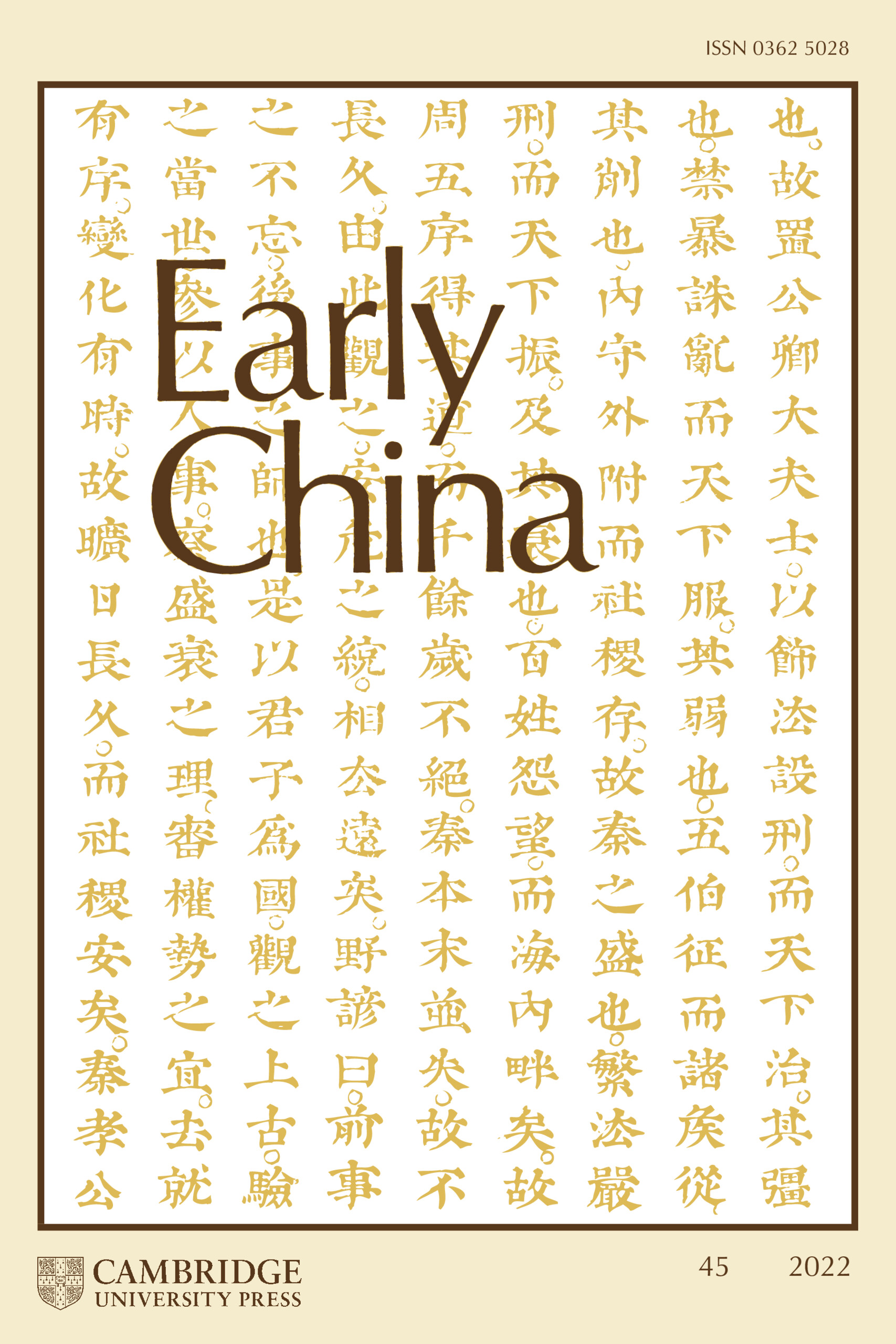Article contents
WAI-YEE LI. THE READABILITY OF THE PAST IN EARLY CHINESE HISTORIOGRAPHY
Published online by Cambridge University Press: 02 January 2015
Extract
This book is, as the author says in her introduction, “a systematic study of Zuo zhuan,” a “vast repertory of narratives and speeches spanning the 255 years from 722 to 468 BCE.” This text, which, in the form known to us, is tentatively dated by most to the fourth century b.c.e., is where Chinese historical writing begins. As the author also notes, this work “has been accorded a truth status that eludes many other early Chinese texts.” I would suggest that this status arises from 1) the great masses of minute and seemingly factual detail that occur throughout its narratives and 2) its freedom from the obvious anachronisms and absurdities that afflict all other early Chinese historical works, including the all-but-universally venerated Shi ji, or Records of the Historian.
- Type
- Review Forum
- Information
- Copyright
- Copyright © The Society for the Study of Early China and Cambridge University Press 2014
- 1
- Cited by


